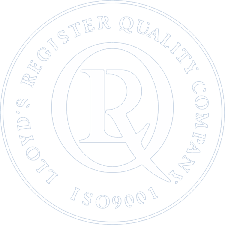Materials - The essential element of your product.
PP, ABS, Nylon, aluminium, stainless steel or renewable materials. Which are suitable for your product?
Our knowledge of the properties of materials, including mechanical, thermal, electrical, and chemical, and our understanding of production methods guarantee meticulous preparation of products for production. We prioritise crucial quality, certification, and safety requirements.
What material should your product be produced in?
ABS? Stainless steel? PP? Aluminium? Bamboo? Nylon? Cast iron?
We have extensive experience producing products in different materials and know which considerations are crucial when producing these various materials.
Below is a draft of some of our previous products and components.
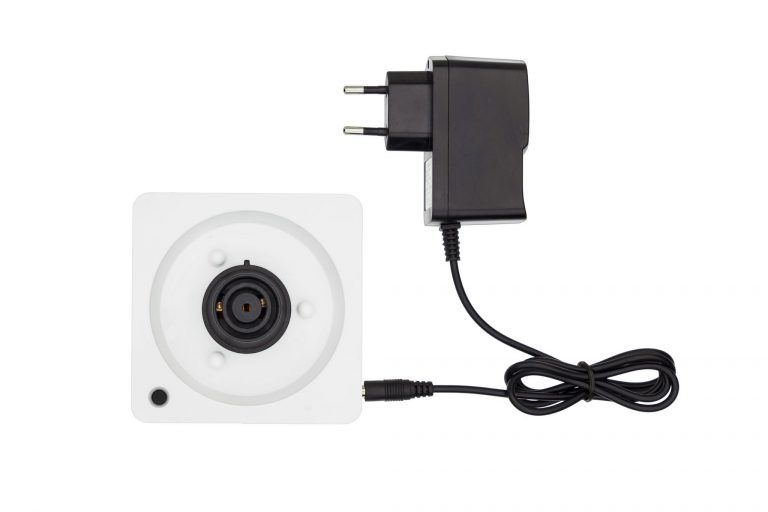
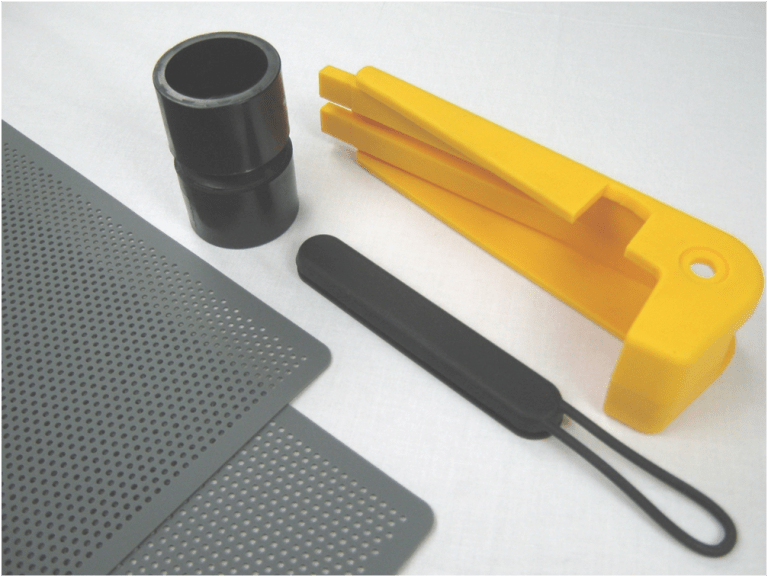
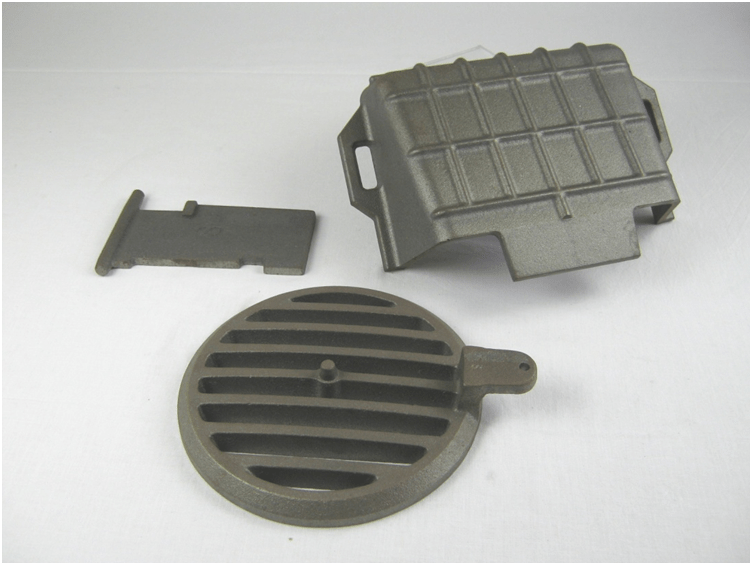
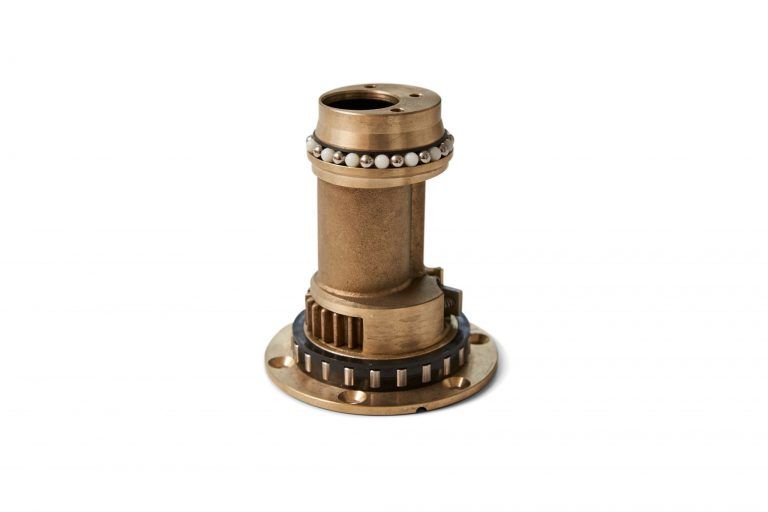
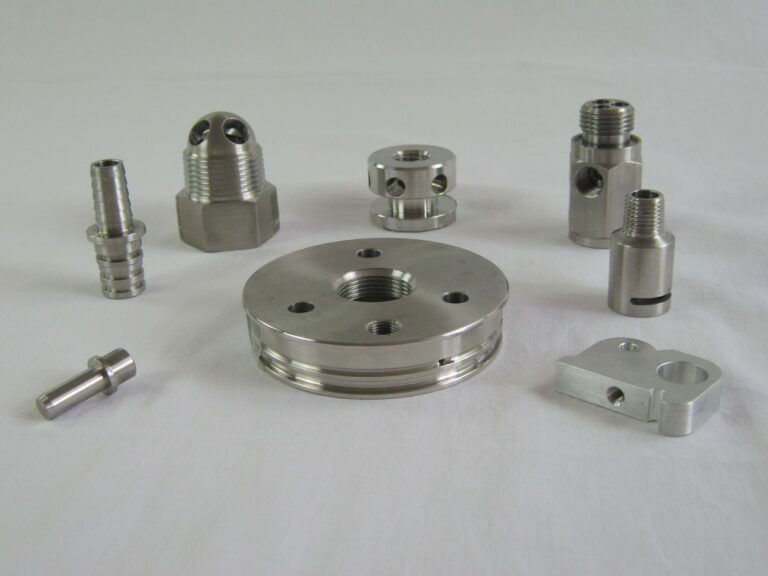

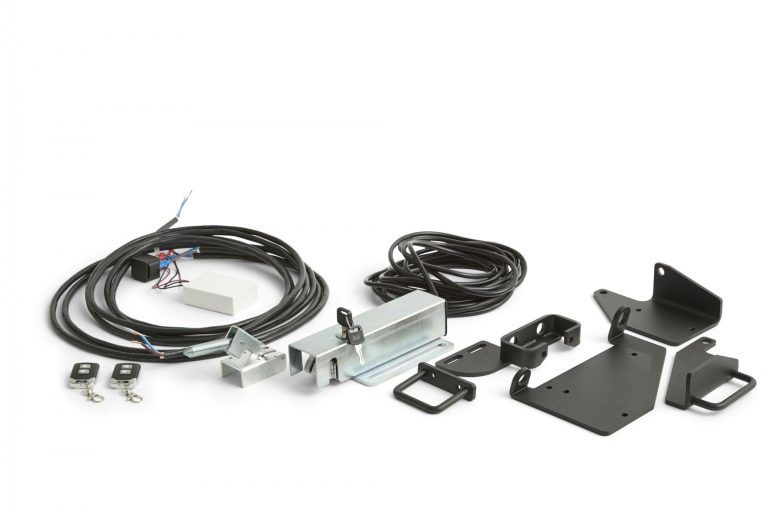
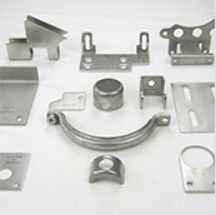
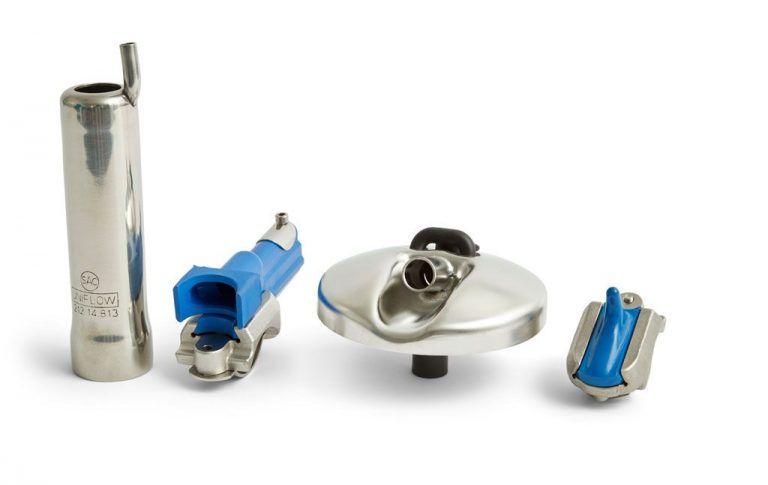
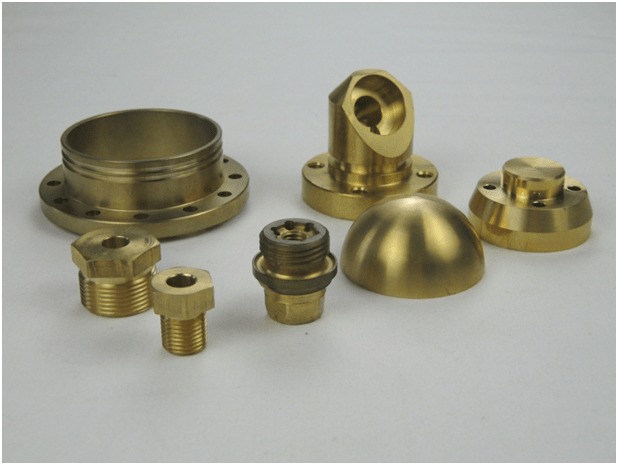
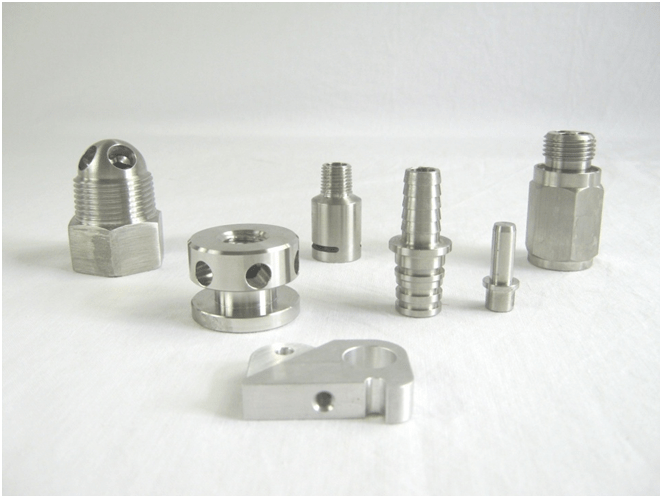
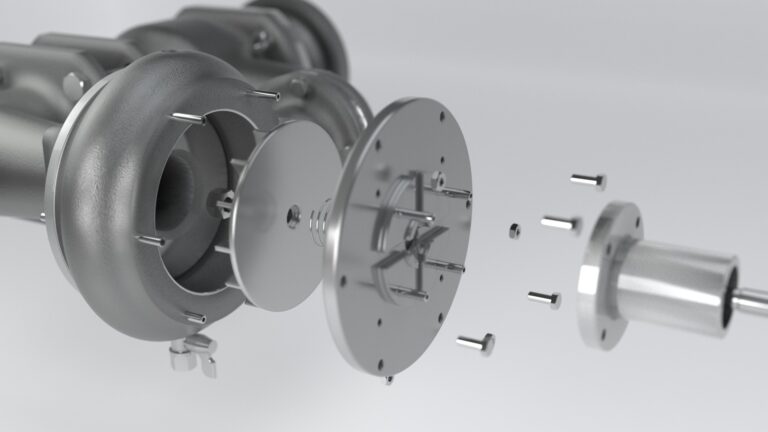
How do you choose the most sustainable material for your product?
Many aspects play a role in how sustainable a product is.
We consider these factors at the beginning of a development process because they significantly impact subsequent development work.
The factors that influence the sustainability of a product are:
Design and shaping – Is the product designed to be repairable, disassembled, and recyclable after use?
Materials – Are the products made from recyclable materials, or are they produced from already recycled materials?
Material Selection: The essential and critical choice for constructing and preparing your product for production.
Choosing a material for your upcoming product is not just about what material it should be made of but also what environmental impact your product will have before, during, and after its lifespan.
Below are some aspects that play a role in selecting materials for your product.

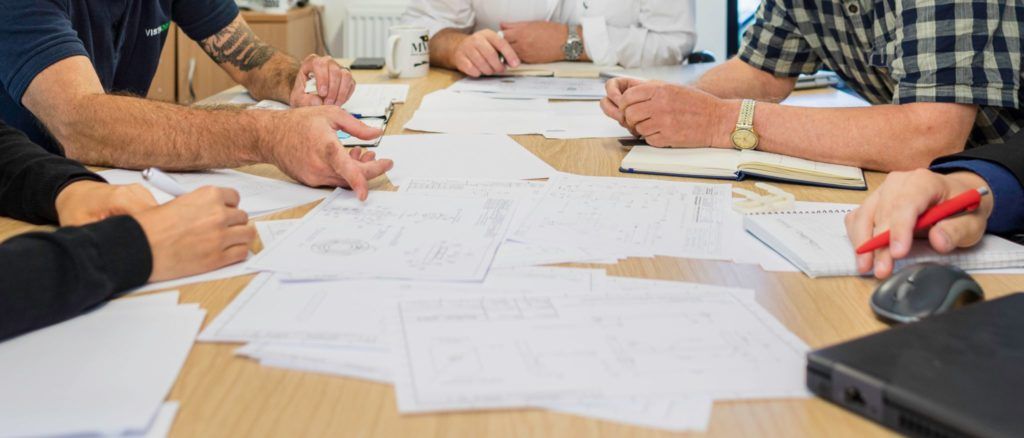
Technical requirements
When a suitable material is chosen based on technical requirements, you achieve significant value through improved product quality and reliability.
This choice ensures that your product meets specific functional needs, such as strength, durability, and environmental resistance, resulting in long-term savings and increased satisfaction.
Proper material selection also promotes safety and compliance with industrial standards, further enhancing the value of your product in the market and making your customers more satisfied.
Sustainability
The choice of materials is essential in promoting sustainability in product development.
By prioritising environmentally friendly and recyclable materials, you reduce your environmental footprint, promote a circular economy, and meet consumers’ increasing demand for sustainable products.
Proper material selection reduces resource consumption and waste and improves the product’s life cycle, supporting sustainable business practices and contributing to a more sustainable future.

User experience
The choice of materials is crucial for the user experience of a product. Materials determine not only the product’s aesthetics but also its tactility, durability, and functionality.
When a product feels good to use, looks appealing, and lasts long, it creates a positive and lasting experience for the user.
The right choice of materials can improve the product’s user-friendliness and ensure that it meets users’ expectations, which is essential for building brand loyalty and satisfaction.
Production costs
Production costs play a critical role in the development of any product. These costs include everything from raw materials to manufacturing processes and labour.
Effectively managing and minimising these costs ensures a product’s economic viability.
By choosing materials and production methods that balance quality and price, you can maximise your profit margins while maintaining or improving the quality of the product.
This requires a thorough analysis of the materials’ cost versus performance and durability, which we have spent two decades becoming experts in.




